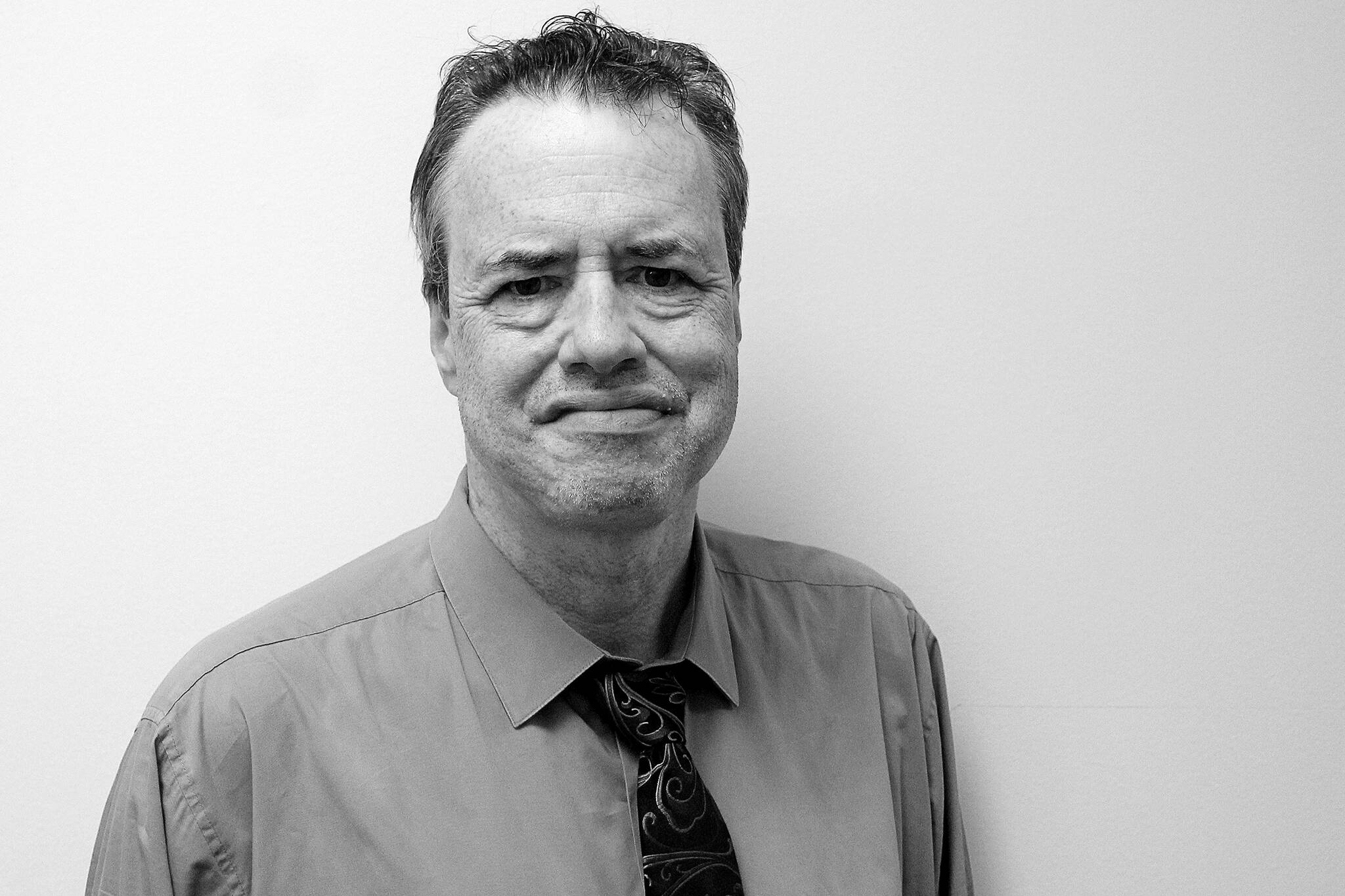Consider this hypothetical scenario.
Some cyber-gink living in his mother’s basement in Auburn concocts a theory about a woman with a little mustache and bad haircut who has moved into his neighborhood.
The gink believes the woman to be Adolf Hitler in disguise. And at 134, he claims, der Führer is still bent on world conquest.
You read the story online, and chuckle. After all, no one with a speck of sense upstairs would believe such stuff. Right?
Wrong. Every day, against all sense, stories just as goofy ripple along the social media highways and byways, and believers fall in step.
While it’s bad enough people fall for such stuff, it’s even worse how rarely they question it. Instead, even in the sharp teeth of overwhelming evidence pointing west to their east, they clench their fists and put ‘em up.
Should anyone try to get through by appealing to sense, that person would learn, as I have, that even the famed lever of Archimedes could not move the inert mass of half truths and outright falsehoods fogging their brains.
Fact is, if the believer arrived at the belief irrationally, all appeals to rationality are bound to fail.
Where is this credulity coming from? Have Americans always been so willing to open their mouths to inhale firehoses of BS? Have we always had an industry manning that hose and growing fat and happy while drenching us?
I don’t know.
What’s more ominous is the fault line this phenomenon has exposed in the national psyche. It says that many things we Americans once agreed on are now in doubt. Eroded at the base by time and the advancement of knowledge, the old reliables are tottering. Seems we may have to stand on our own without them, and that scares a lot of people.
Today’s kids are growing up in a world of deep fakes and artificial intelligence, which, as people involved in the development of AI testified to Congress last week, present dire possibilities.
As AI grows, develops and spreads, the voices warning against its potential dangers grow more strident.
“The development of artificial intelligence could spell the end of the human race,” the late Stephen Hawking once said.
“[AI] scares the hell out of me,” Tesla and SpaceX founder Elon Musk once said at at tech conference. “It’s capable of vastly more than almost anyone knows, and the rate of improvement is exponential.”
Experts worry about the increasing automation of certain jobs, gender and racially biased algorithms, or weapons that operate without human oversight. And we’re still in the early stages of AI.
I worry that one day, the bogus image of a U.S. president with a voice engineered to match will “interrupt the regular broadcast” to announce that nuclear war has begun, or that all the banks have failed, or a thousand other things.
I fear, as Winston Churchill warned the world in the spring of 1940 in the midst of another crisis, that if his nation were to lose the war, the world would “sink into the abyss of a new Dark Age made more sinister, and perhaps more protracted, by the lights of perverted science.”
Robert Whale can be reached at rwhale@soundpublishing.com.


